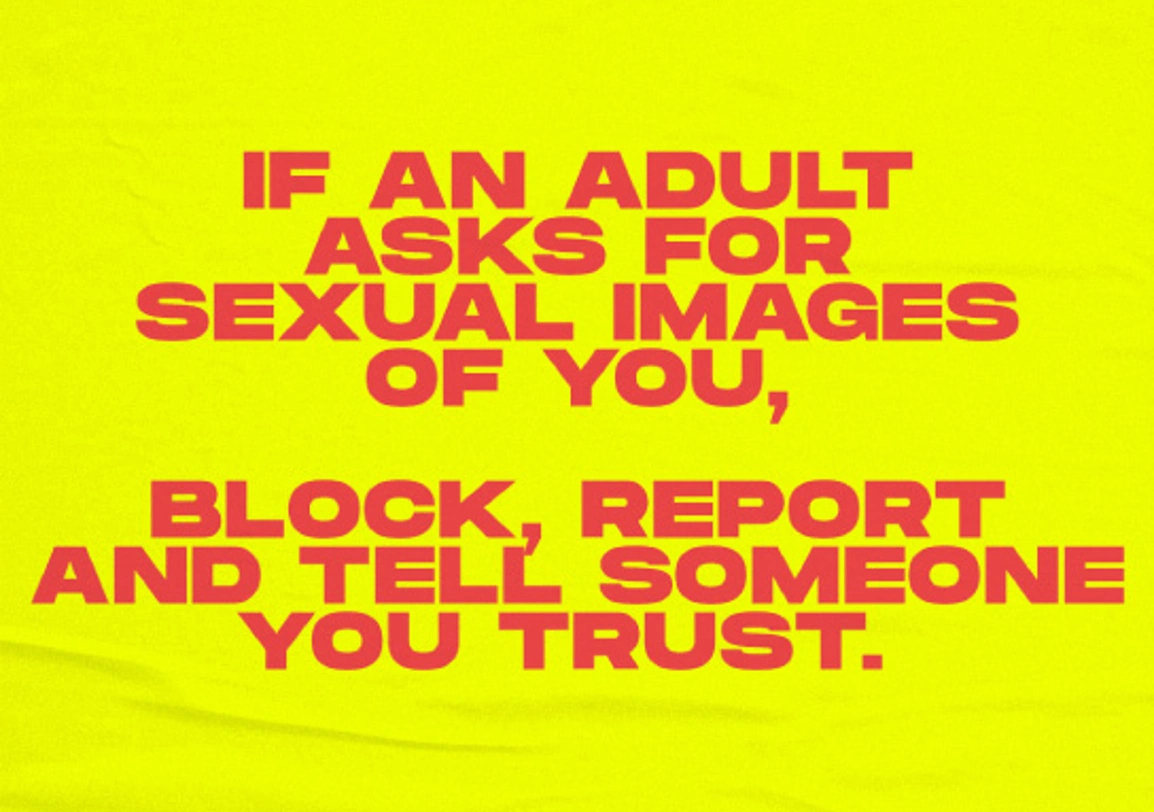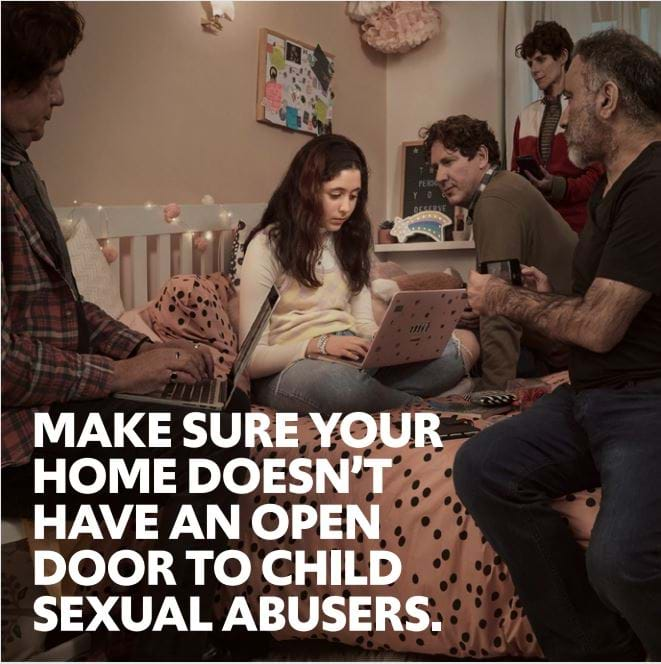
Kindred Tech joins IWF to strengthen global efforts to protect children online
Kindred Tech is partnering with the Internet Watch Foundation (IWF) to tackle the spread of child sexual abuse images and videos on the internet.

Published: Wed 28 Jul 2021
Campaigners are warning teens about online grooming and sexual abuse during the school summer holidays as a former top police child protection expert says the problem has “escalated” in recent years.
The Internet Watch Foundation (IWF), with support from tech companies including Microsoft, Twitter, Snapchat, and TikTok, is reaching out to teenagers to empower them to stand up to online grooming and child sexual abuse.
Former Chief Constable Simon Bailey, who recently retired as lead on child protection at the National Police Chiefs' Council, says he “fears another independent inquiry into child sexual abuse material” as the amount of teenage girls falling victim to internet groomers continues to soar,
This comes as the IWF reports an explosion of reports of child sexual abuse material in the first half of 2021.
New data shows that, between January 1 and June 14 this year, the charity, which finds and removes child sexual abuse material from the internet, has worked to remove 100,616 web pages after IWF analysts confirmed they contained images or videos of children being raped and suffering sexual abuse.
This compares to 62,234 reports during the same period in 2020, a 62% increase on this time last year.
In 2020, IWF analysts confirmed a total of 153,350 reports of child sexual abuse material for the entire year.
Of the reports the IWF has so far confirmed in 2021, 64,278 have been confirmed to contain “self-generated material” where children have been tricked, groomed, or coerced into abusing themselves on camera.
This material is often filmed in the victims’ own bedrooms, and can be of the most severe sexual abuse. This compares to 40,672 reports which the IWF determined to contain self-generated material in the first six months of 2020.
As a result, the charity, which works to find and remove child sexual abuse material from the internet, is launching a second phase of its Gurls out loud campaign in a bid to help protect teenage girls who may be spending longer online during the school summer holidays.

The IWF will also relaunch its Home Truths campaign which will help parents understand the emerging threats online and how to help their children respond to them.
Early indicators from the first part of the IWF’s campaigns show that one positive conversation between a parent or carer and a child can make a crucial difference in protecting them in the online world and give children the confidence they need to seek support before more serious abuse happens.
Funding for the second phase of the campaign has been provided by children’s charity the Lind Trust.
Former Chief Constable Bailey said: “We have seen, through Covid, a perfect storm with children spending more time online and predators looking to exploit the opportunity to abuse them.
"This kind of threat has escalated throughout the last eight years. This is now going way beyond an online threat."
“During the pandemic we have seen a really worrying increase in the number of self-generated images being produced by girls aged between 11 and 13 years old.
“That is why the IWF campaign targeting this particular group of victims is so important. I was really impressed by the first phase of the campaign, but I think it needs to go on for longer.
“More and more children are being exploited and we need to mitigate that.
“This kind of threat has escalated throughout the last eight years. This is now going way beyond an online threat.
“In cases like David Wilson (former Norfolk roofer who was convicted this year of 96 child sex offences), he was blackmailing and coercing children into abusing their siblings. It was shocking.
“My great fear is that in 15 or 20 years’ time there will be another independent inquiry into child sexual abuse material, and the question will be how did we allow this to happen?
The charity is warning parents and children that sexual predators are deliberately grooming and targeting children in a process known as “capping”.
This is where criminals trick a child into abusing themselves over a camera-enabled device in footage which is then captured and shared by predators online.
These videos and images are frequently swapped and used as “currency”.
Susie Hargreaves OBE, Chief Executive of the IWF, said: “The numbers we are seeing, particularly of self-generated materials are crazy. We’re seeing reports in numbers we’ve never seen before. Self-generated material is now the predominant issue for IWF.
“Predators have adopted this disturbing new technique, and the images and videos of children they extort are now becoming currency for internet sex predators.
“With the summer holidays on the way, we want to reach out to teenagers and their parents to warn them of the dangers. We must not allow this to become the summer of online sexual abuse.”
Alongside this, the Home Truths campaign will aim to raise parental awareness of the issue, and to motivate parents to educate themselves on actions they can take to protect their children.
Early indicators from the first six weeks of the IWF’s campaign show that one good quality conversation between a parent or carer and a child can make a crucial difference in protecting them in the online world.
Find out more about the Gurls out loud campaign here https://gurlsoutloud.com/
Images and videos of online child sexual abuse can be reported anonymously at https://report.iwf.org.uk/en
The public is given this advice when making a report:
- Do report images and videos of child sexual abuse to the IWF to be removed. Reports to the IWF are anonymous.
- Do provide the exact URL where child sexual abuse images are located.
- Don’t report other harmful content – you can find details of other agencies to report to on the IWF’s website.
- Do report to the police if you are concerned about a child’s welfare,
- Do report only once for each web address – or URL. Repeat reporting of the same URL isn’t needed and wastes analysts’ time.
- Do report non-photographic visual depictions of the sexual abuse of children, such as computer-generated images. Anything of this nature, which is also hosted in the UK, the IWF can get removed.

Kindred Tech is partnering with the Internet Watch Foundation (IWF) to tackle the spread of child sexual abuse images and videos on the internet.